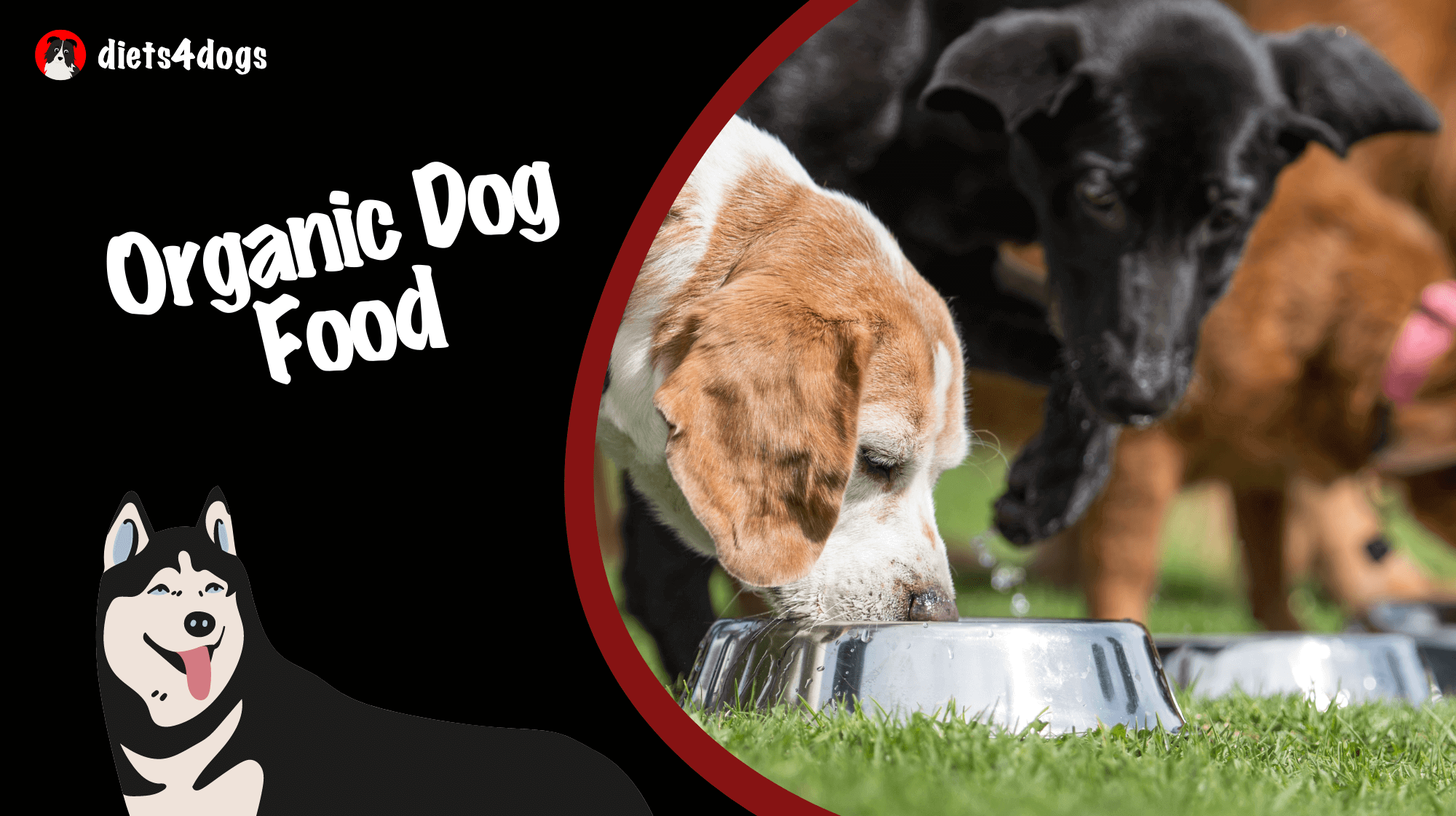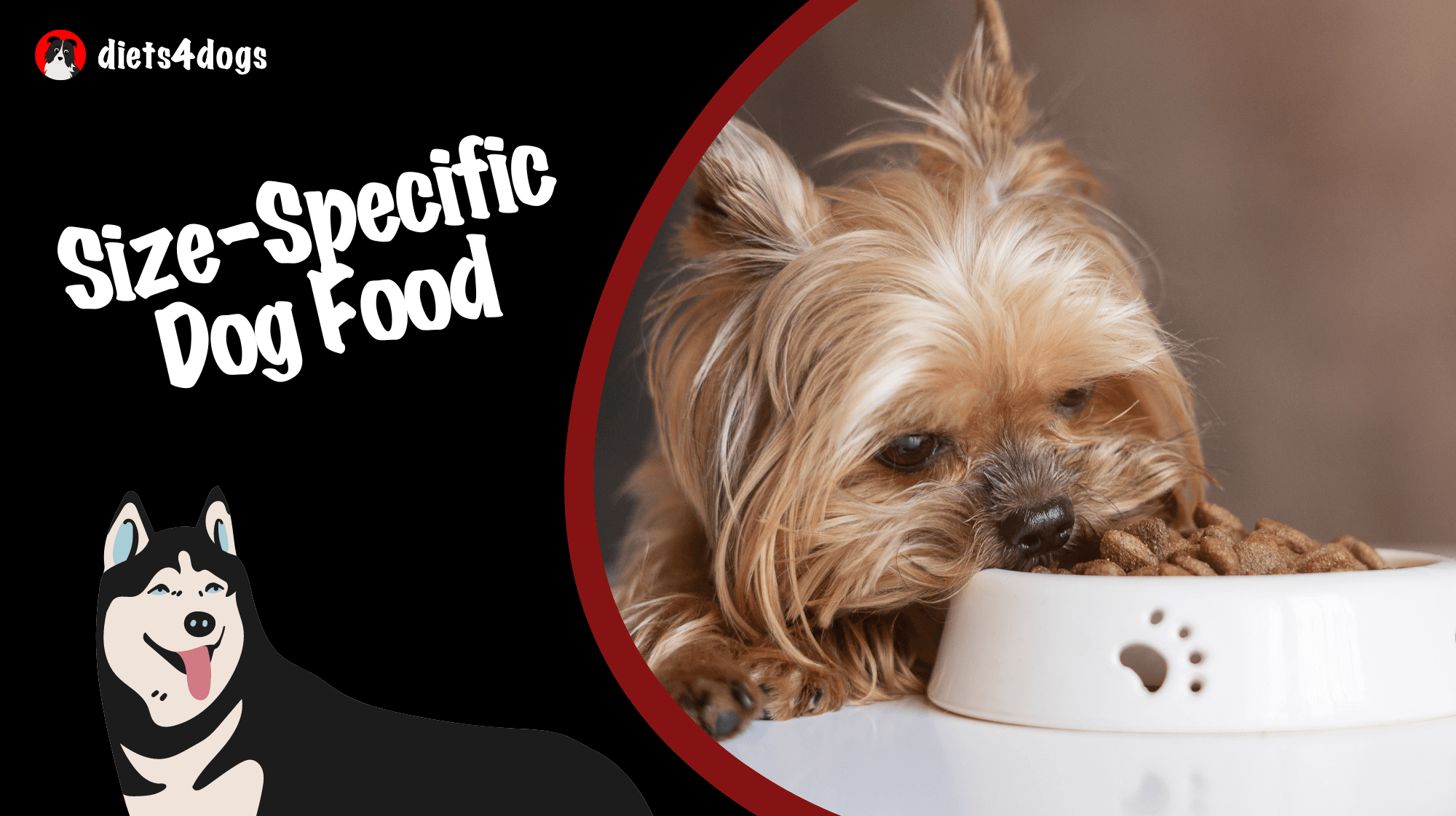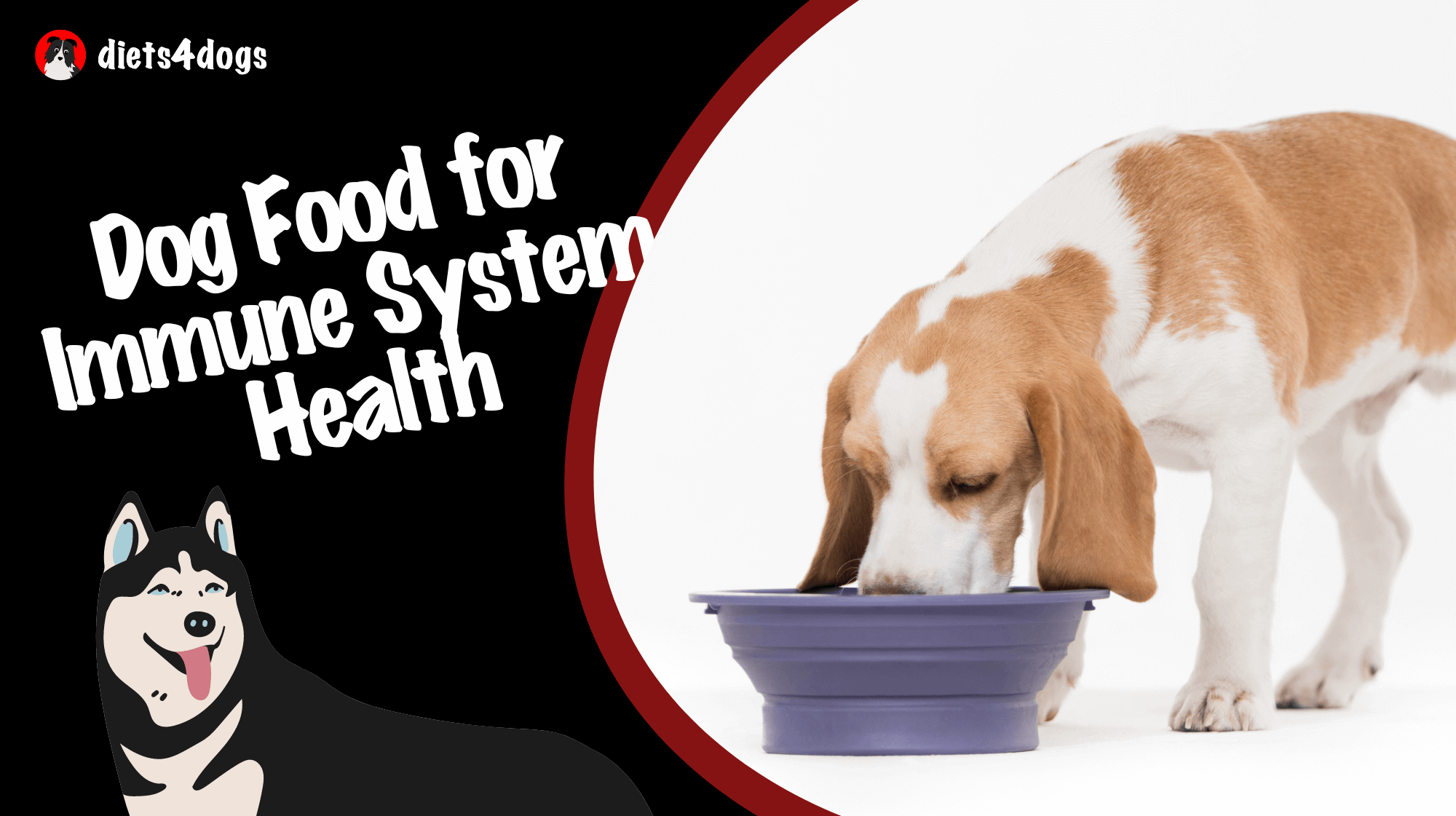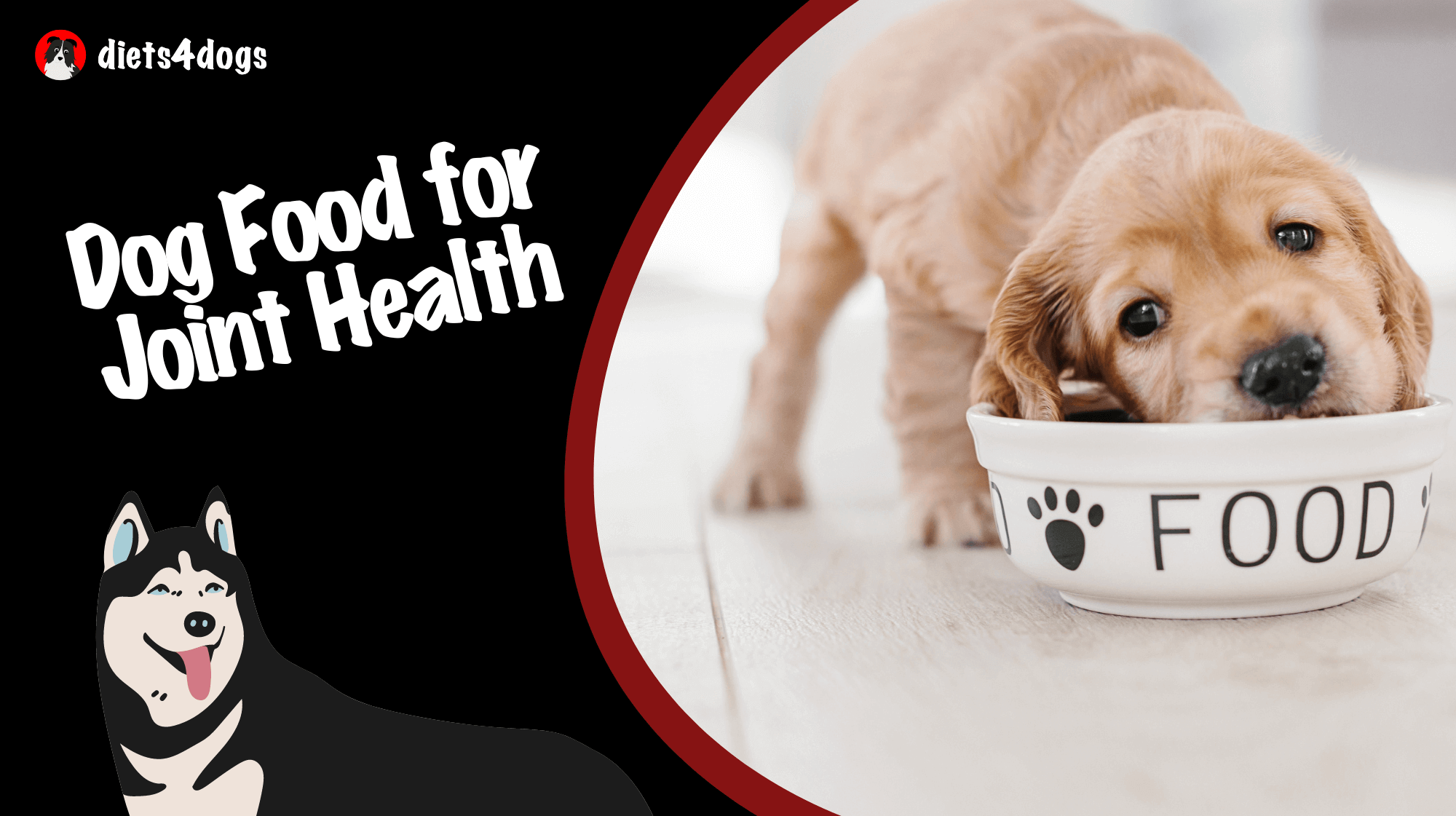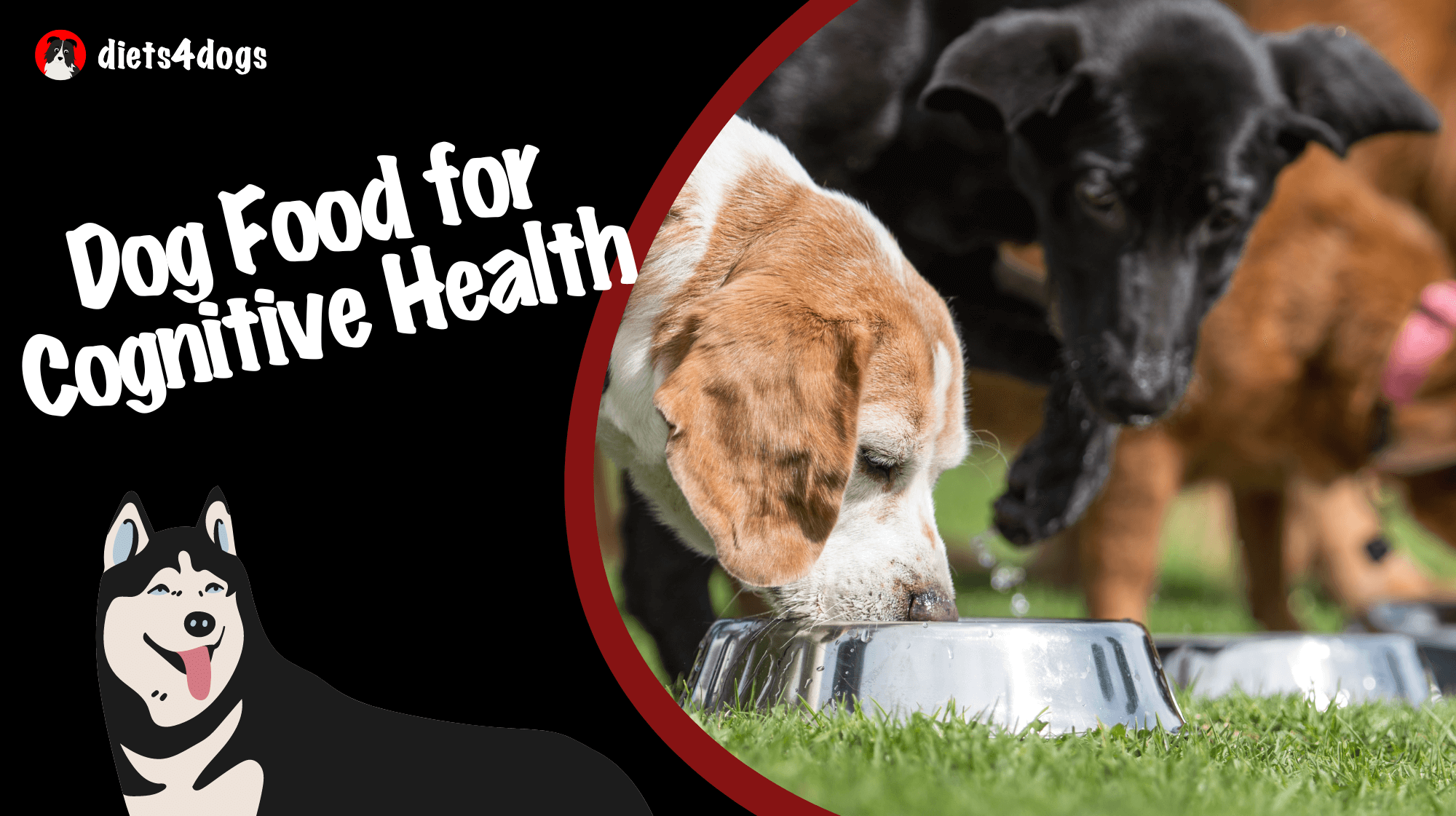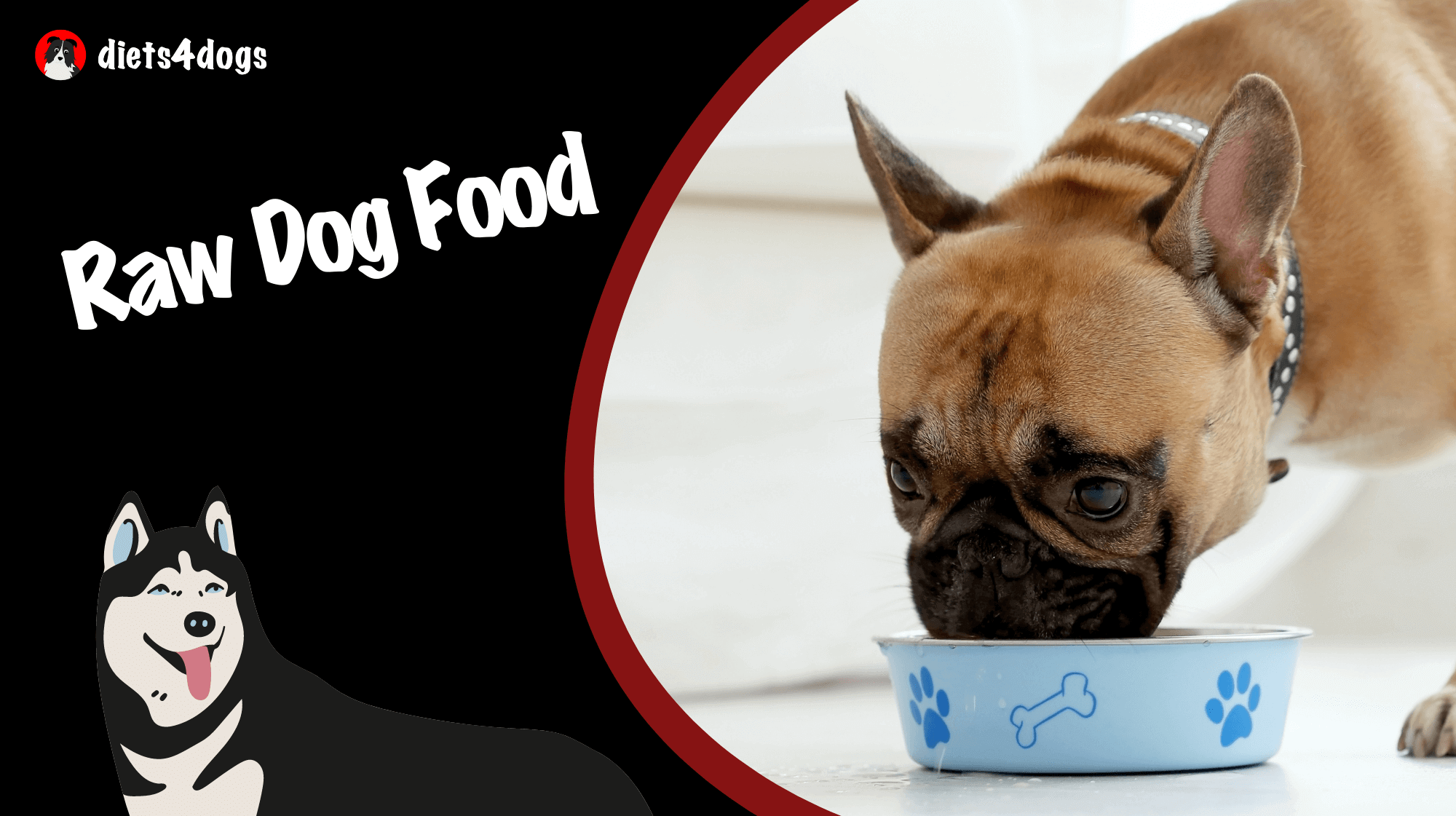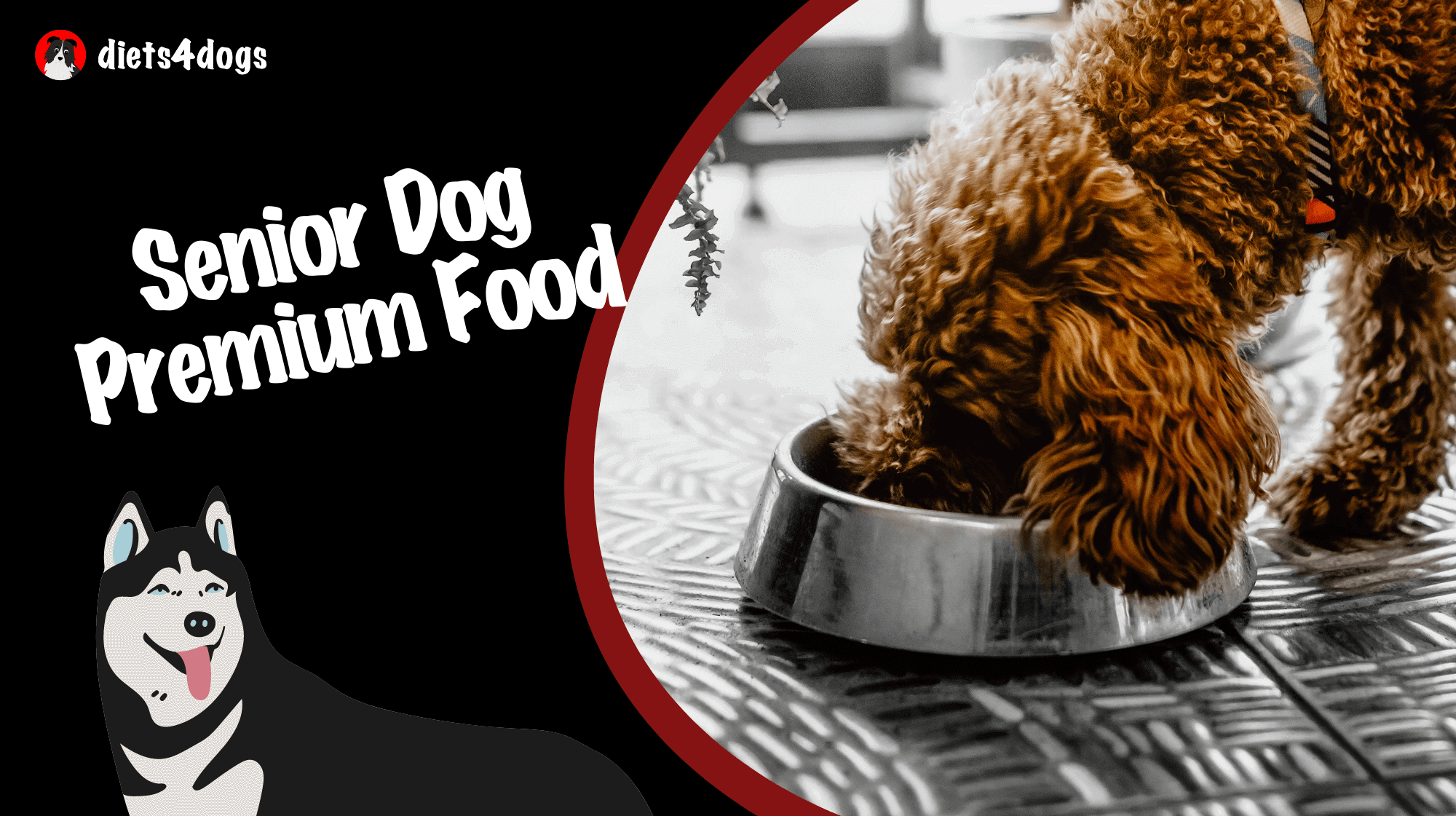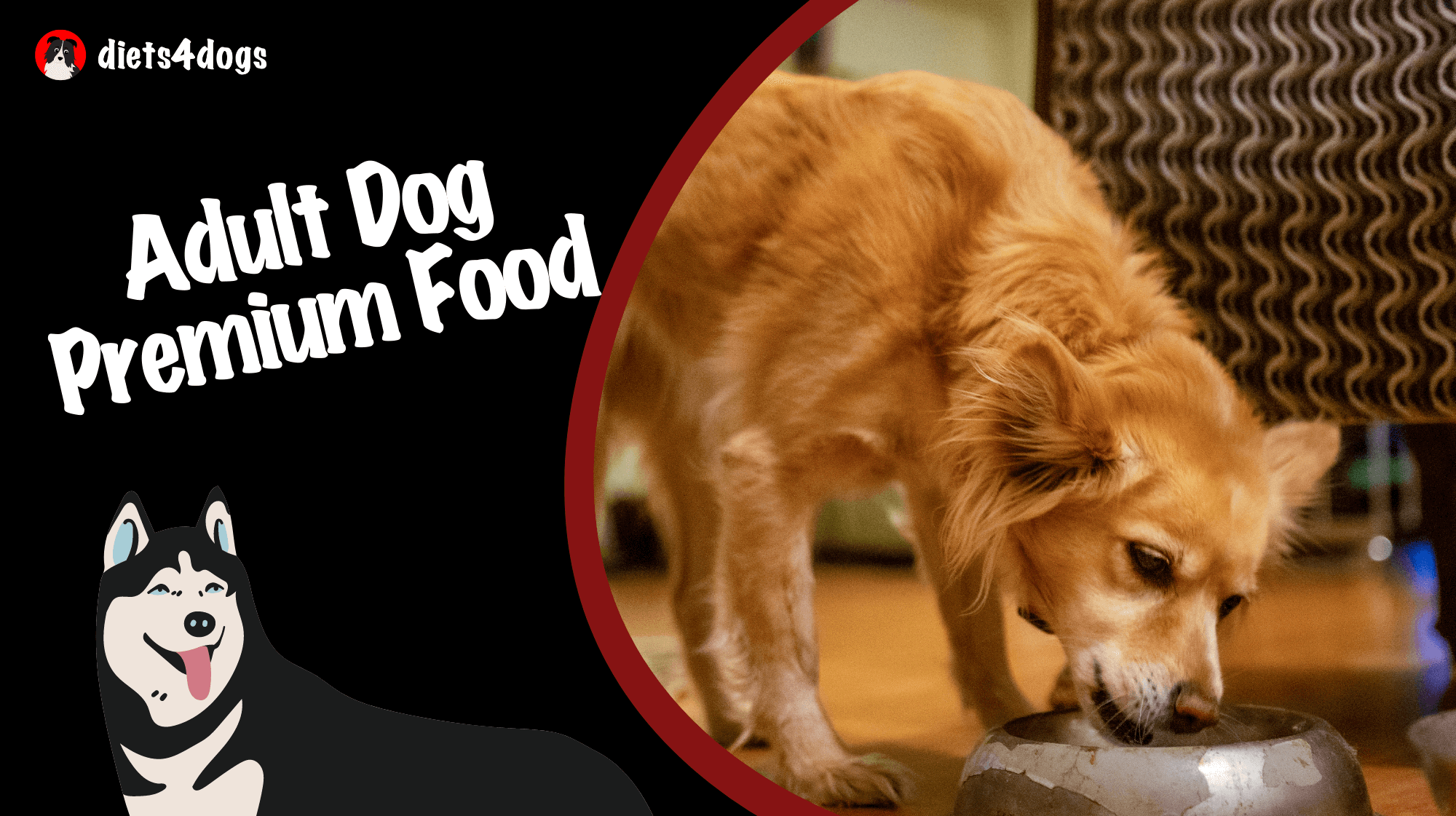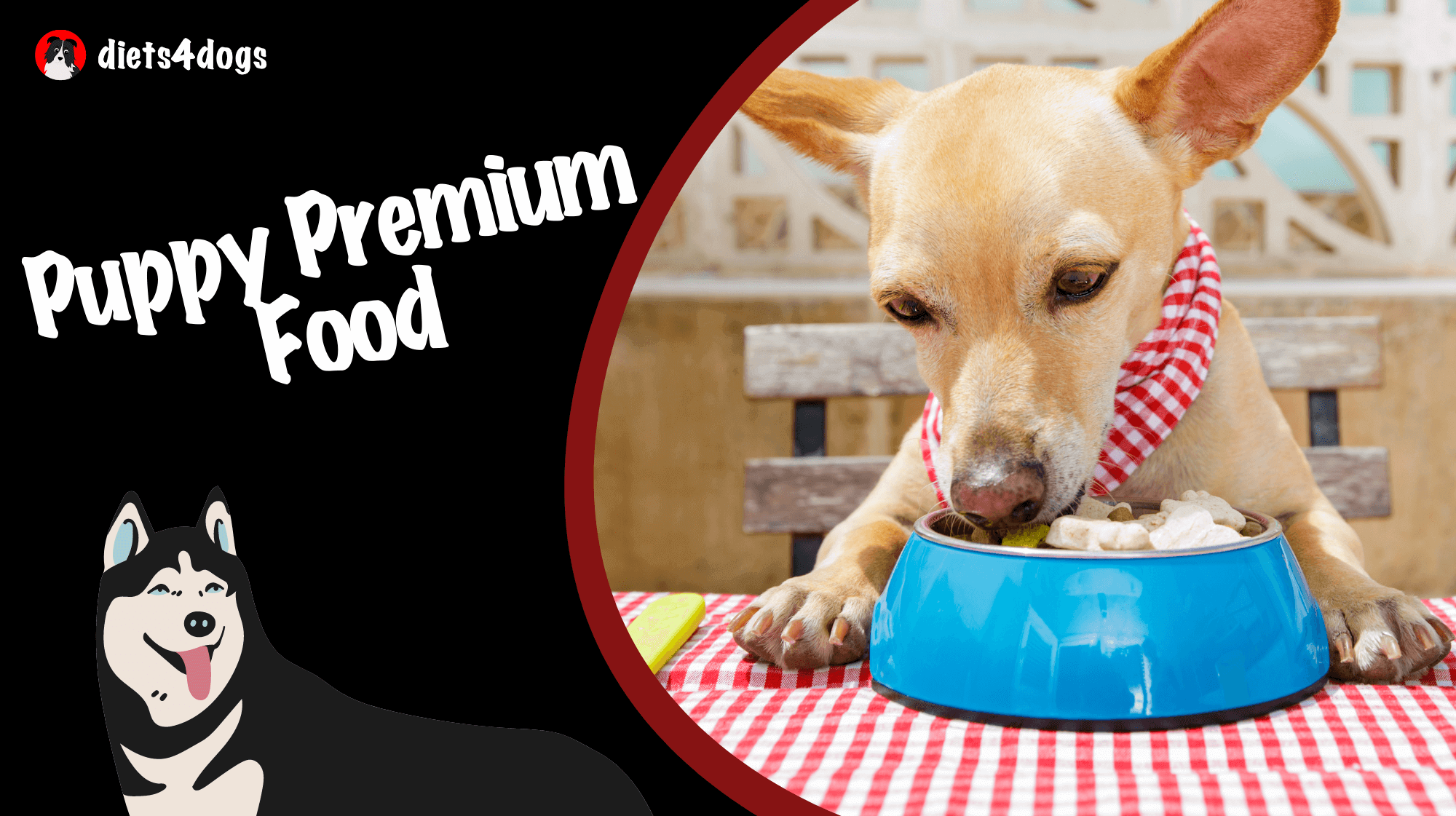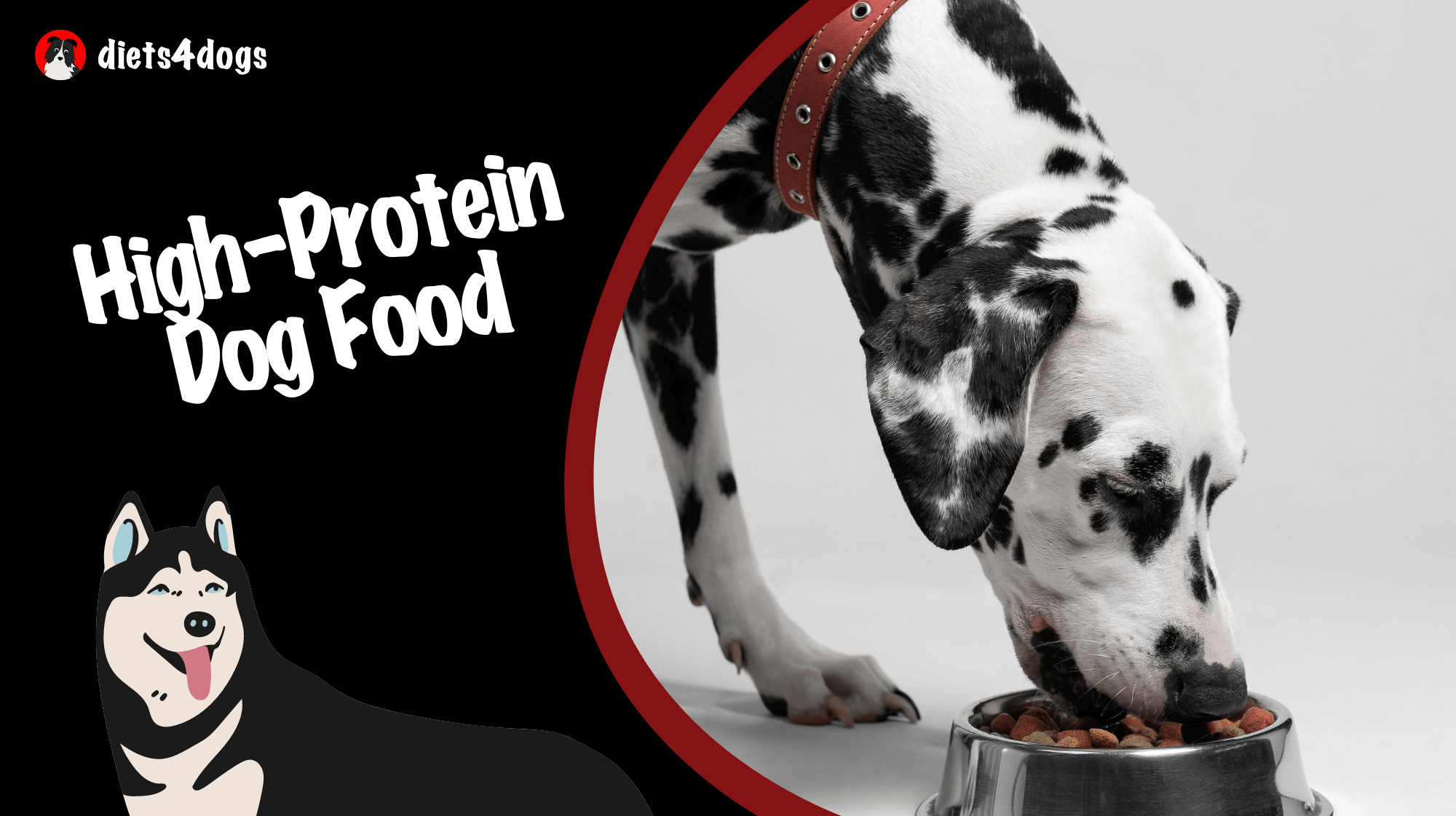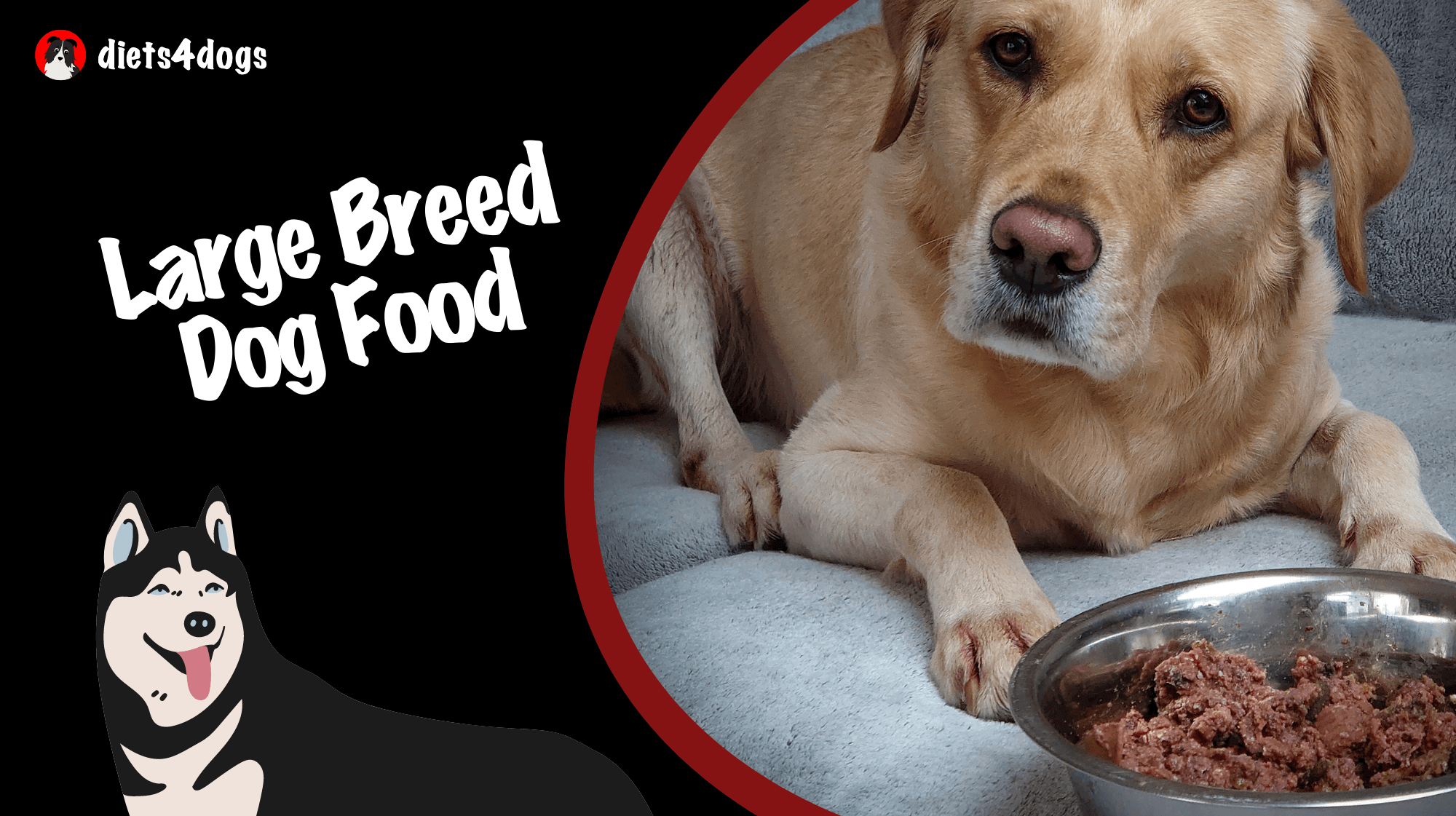Welcome to the wholesome world of organic dog food, where your furry friend can savor the delicious taste of nature’s finest cuisine while reaping the numerous health benefits it offers! 🐶 The secret to this tantalizing trend in pet nutrition lies in the use of natural ingredients, along with the exclusion of artificial additives, ensuring optimal health and well-being for your canine companion. In this fun and informative blog post, we’ll dive into the bountiful advantages that organic dog food offers, take a peek at the majestic pantry of Mother Nature, and reveal why making the switch to organic can be the healthiest meal ticket to a happier, livelier, and healthier pooch! 🍏🌿
Organic Dog Food: Why It’s a Healthy Choice for Your Canine
Organic dog food is a healthier choice for your canine because it uses natural, high-quality ingredients that are free of artificial additives, chemicals, and pesticides. This ensures your dog consumes a more wholesome and nutritious diet, which can lead to improved health, increased energy levels, better digestive health, and a stronger immune system. Moreover, organic dog food often contains higher levels of essential nutrients, making it a premium choice for caring pet owners who want the best for their furry companions.
A Natural Feast for Your Furry Friend
Organic dog food consists of naturally sourced ingredients that are cultivated without synthetic chemicals, pesticides, or genetically modified organisms. These high-quality ingredients create a nutrient-dense banquet for your furry friend, providing the essential vitamins, minerals, and antioxidants they require for optimal health. The authentic taste and variety of organic ingredients are sure to satisfy even the pickiest pup, making premium dog food a hit in canine cuisine!
Nourishing Nutrition, Unleashed!
As a loving pet parent, you want to provide your furry companion with the best nutrition possible, and going organic is an excellent way to achieve this goal. Organic dog food is made with better-quality ingredients that often undergo minimal processing, preserving the food’s original nutrient profile.
Top-notch Protein Sources
Organic dog food often features premium protein sources, such as free-range chicken, grass-fed beef, or wild caught fish. These ingredients are not only superior in taste and quality, but they also typically contain healthier fats and amino acids that support your dog’s overall strength, agility, and vitality!
Wholesome Fruits and Vegetables
By incorporating organic fruits and vegetables, your canine will receive a nutrient powerhouse! These vibrant ingredients are rich in antioxidants, vitamins, and minerals, contributing to improved immune function, healthier skin and coat, and enhanced cognitive development. What’s not to love about these colorful, guilt-free treats?
No More Artificial Additives
One of the major benefits of choosing organic dog food over conventional options is the absence of artificial additives. Artificial preservatives, coloring agents, and flavor enhancers are not only unnecessary, but they can also pose potential health risks to your dog. Eliminating these additives from your dog’s diet supports their overall long-term health and well-being.
Bye-Bye, Preservatives
Many conventional dog foods contain artificial preservatives to extend shelf life. However, organic dog foods rely on natural preservatives, such as tocopherols (a form of vitamin E), to maintain freshness without any harmful side effects. This ensures that your pup is ingesting only the good stuff, while staying far away from anything that might hinder their health.
Colorful, the Natural Way
Organic dog food gets its bright hues from natural fruit and vegetable pigments, not from synthetic pigments like some non-organic options. Not only do these natural colors look appealing, but they’re also safe and offer an array of health benefits to your four-legged buddy.
Health Benefits: An Organic Adventure
Switching to an organic diet can offer numerous health benefits to your canine companion, such as improved digestion, better nutrient absorption, and stronger immunity. These changes may result in your dog having a shinier coat, brighter eyes, increased energy levels, and reduced risk of chronic health conditions.
Supporting a Healthy Gut
Organic dog foods tend to have higher levels of fiber, which is essential for maintaining a healthy gut. A well-functioning digestive system ensures that your dog absorbs all the nutrients they need from their food, translating to improved overall health and vitality.
Strengthening Immunity
Feeding your dog an organic diet can help to boost their immune system, making it easier for them to fend off illnesses and bounce back from injuries. High-quality nutrients and antioxidants found in organic dog food contribute to this immune support, ensuring that your pup stays happy and healthy.
With this wealth of information, it’s easy to see why organic dog food is becoming an increasingly popular choice for pet parents looking to provide their furry friends with the best nutrition possible. Ready to embark on this organic journey with your pup? Don’t wait any longer; after all, our beloved canines truly deserve the best!
Picking the Perfect Organic Dog Food
With the growing demand for organic dog food, pet owners now have numerous brands and varieties to choose from. There’s no one-size-fits-all formula when it comes to dog nutrition, so it’s crucial to find the right blend that meets the specific needs of your furry companion. Here are a few tips to help you navigate the organic dog food aisle with confidence:
Understand Your Dog’s Dietary Requirements
Before selecting the perfect organic dog food, assess your dog’s unique dietary requirements based on factors like age, breed, size, and any existing health conditions. Understanding these needs will enable you to make an informed decision that caters to your canine’s individual nutritional demand.
Look for a Complete and Balanced Recipe
When choosing organic dog food, ensure that it provides a complete and balanced diet, meeting the required nutrient standards set by the Association of American Feed Control Officials (AAFCO). Complete and balanced nutrition ensures that your fur baby receives all essential nutrients to thrive and stay healthy.
Examine the Ingredient List
Take the time to read through the ingredient list of your preferred organic dog food. High-quality, natural ingredients should be listed at the top, indicating that they’re the primary components of the product. Avoid options that include potentially harmful additives or filler ingredients that provide minimal nutritional value.
Environmentally Conscious Canine Cuisine
Opting for organic dog food not only promotes the health and well-being of your cherished pet, but it also supports a more sustainable and eco-friendly approach to pet food production. When selecting an organic brand, consider their environmental impact and ethical practices to ensure you’re making a responsible choice.
Sustainable Ingredients
Organic farming practices are typically more eco-friendly, as they require fewer resources and produce fewer pollutants compared to conventional farming methods. By choosing organic poultry, beef, or fish, you’re promoting the use of healthier, more sustainable ingredients for your pooch and the planet.
Ethical Sourcing
Many organic dog food brands prioritize ethical sourcing practices, partnering with farmers who follow responsible farming methods and provide fair working conditions. Supporting these brands not only gives you confidence in the products you’re feeding your pet but also contributes to a more just and sustainable world.
Armed with this knowledge, you’re now well-equipped to make an informed decision when selecting the ideal organic dog food to cater to your beloved pup’s needs. Embracing a clean and natural approach to dog nutrition will reward you with the joy of knowing you’re doing your part to ensure a happier, healthier, and more vibrant life for your canine best friend. With organic dog food, you’ll be nurturing both your precious pet and the environment, one delectable meal at a time.
Frequently Asked Questions about Organic Dog Food
Are you intrigued by the prospect of feeding your canine companion organic dog food but still have a few lingering queries? We’ve got you covered! Here’s a collection of commonly asked questions and their answers, helping you make a well-informed decision to jump on the organic bandwagon with your furry friend.
1. Is organic dog food really healthier than non-organic?
Yes, organic dog food is generally considered healthier than non-organic dog food because it contains natural, high-quality ingredients that are free of artificial additives, chemicals, and pesticides. This results in a more wholesome and nutritious diet for your furry friend, leading to improved health, increased energy levels, and better overall well-being.
2. Can I switch my dog to an organic diet at any age?
Absolutely! Dogs of any age can benefit from an organic diet. Just ensure you select an age-appropriate organic dog food formula that caters to your pet’s specific nutritional needs, whether they are a puppy, adult, or senior.
3. Will my dog’s taste preference change when they switch to organic dog food?
While every dog’s taste preference is different, many dogs enjoy the natural flavors found in organic dog food. High-quality, organic ingredients often lead to a more authentic and appealing taste that your pupper is likely to relish!
4. Can organic dog food help with my dog’s allergies or sensitivities?
Yes, organic dog food may help alleviate allergies or sensitivities in some dogs, as it typically avoids artificial additives and uses higher-quality ingredients that are less prone to trigger reactions. However, it’s always recommended to consult with your veterinarian before making any significant dietary changes, especially if your dog has known allergies or sensitivities.
5. Are organic dog foods grain-free?
While not all organic dog foods are grain-free, you can definitely find grain-free options within organic offerings. Be sure to read the label carefully and look for “grain-free” or “gluten-free” claims if this is a priority for you and your pet.
6. Can I find breed-specific organic dog food formulas?
Yes, some organic dog food brands offer breed-specific formulas designed to cater to the unique nutritional needs of different dog breeds. Look for these options within the organic food category if you want a specialized diet for your canine companion.
7. Do organic dog foods meet AAFCO standards?
A reputable organic dog food brand should meet the nutrient standards set by the Association of American Feed Control Officials (AAFCO). Always look for the AAFCO statement on the packaging to ensure the food offers complete and balanced nutrition for your pup.
8. How do I transition my dog to an organic diet?
Transition your dog to an organic diet slowly, mixing it with their current food over a period of 7-10 days. Gradually increase the ratio of organic to non-organic food, allowing your dog’s digestive system time to adjust to the new diet without experiencing any adverse effects.
9. Is organic dog food more expensive than conventional dog food?
Organic dog food tends to be more expensive than conventional dog food due to factors like higher-quality ingredients, sustainable farming practices, and ethical sourcing. However, many pet owners consider the investment worth it to provide their furry friends with a healthier diet and to support more eco-friendly and responsible production practices.
10. Where can I buy organic dog food?
Organic dog food is widely available at pet supply stores, specialty pet boutiques, natural food stores, and major online retailers. Look for a reputable brand that offers organic dog food options and read reviews to learn about the experiences of others who have made the switch to organic.

